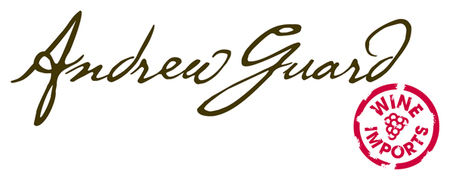2023 Krettnacher Euchariusberg Riesling Auslese, Hofgut Falkenstein
Sold out.
The 2023er Krettnacher Euchariusberg Riesling Auslese Förster (the reference to this internal cask name is provided in small print on the label after
the AP number) was made from clean fruit harvested rather late at 92° Oechsle from vines planted in the 1960s in the prime Gross Schock sector of
the vineyard and was fermented down to sweet levels of residual sugar. It offers a stunning and superbly cool nose of underripe pineapple,
bergamot, mint, starfruit, pear, and a hint of date. The wine is driven by raciness rather than smoothness on the palate. The creaminess comes then
eventually through in the vibrating finish. This “drinking Auslese” will need time to develop its full potential and may even be better than anticipated
once all the components have blended together. 2033-2048
94+/100 Mosel Fine Wines
Erich Weber of Hofgut Falkenstein makes ultra-traditional, mostly dry-tasting Saar Rieslings. He likes to call himself “Winzer Weber.” Winzer is German for winegrower. In other words, the emphasis is on the work in his vineyards. With his tan and rugged face, he looks the part, too.
Erich ferments exclusively with wild yeasts in old wooden casks in a deep, cool cellar, and most of his wines end up either naturally dry (trocken) or off-dry (feinherb). Falkenstein, therefore, is one of the rare Saar producers that specializes in distinctive, bracing, light, dry Rieslings, bottled traditionally by the cask.
Falkenstein makes light-bodied, tangy, wholesome, dry-tasting Saar Rieslings, as well as residually sweet Spätlesen and Auslesen. These are old-style wines for drinking, which often retain a lively (spritzig), natural efferverscence from fermentation. In other words, they go down well — Trinkfluss in German. © 2014 Lars Carlberg





